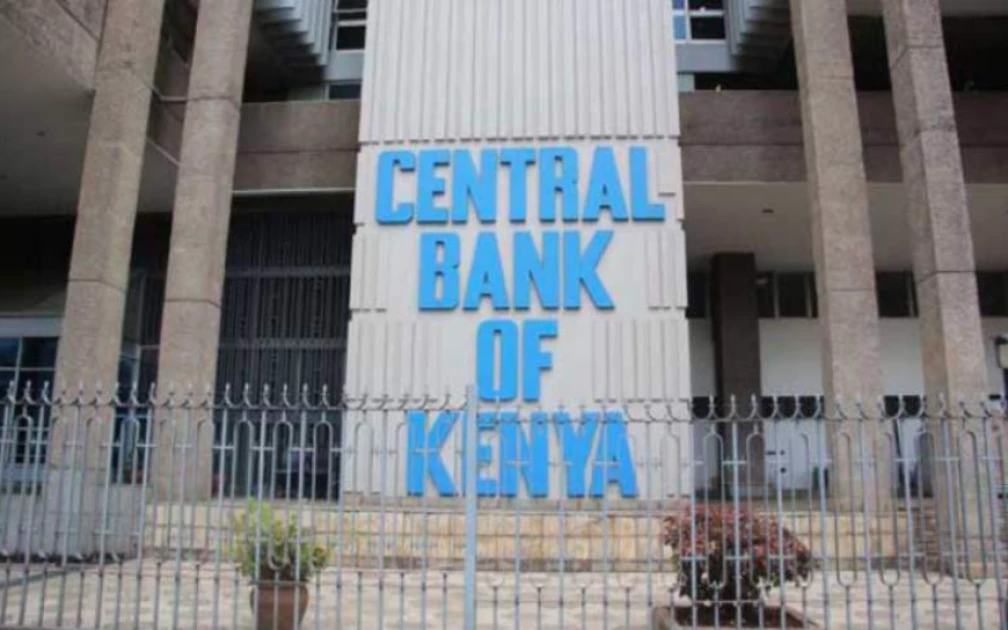Investors Opt for Short-Term Gains as CBK Raises KSh 23 Billion Amid High Interest Rates

The Central Bank of Kenya (CBK) recently raised KSh 23 billion during its weekly auction, reflecting a cautious stance among investors. Despite high interest rates, there remains a strong demand for short-term securities, particularly the 91-day Treasury bills, which were oversubscribed. This trend highlights the market’s preference for short-term investments as a hedge against long-term risk.
Is Short-Term Securities A Preferred Choice?
Investors are leaning towards short-term securities due to the current economic climate. The 91-day Treasury bill, for instance, was oversubscribed by 371.5%, although this was a decrease from the previous week’s 645.3%. In contrast, the 182-day and 364-day papers saw less enthusiasm, with the latter significantly undersubscribed at only KSh 1.1 billion against an offer of KSh 10 billion. This preference for short-term investments is driven by high interest rates and uncertainty about the future.
Auction Dynamics and Investor Behavior
In the latest auction, investors bid KSh 24.4 billion against an offer of KSh 24 billion, resulting in a slight oversubscription. The CBK accepted KSh 23.01 billion, marking a 94.3% acceptance rate. The 91-day paper received bids totaling KSh 14.9 billion, whereas the 182-day paper garnered KSh 8.5 billion in bids. Despite high interest rates, yields on both the 91-day and 182-day papers experienced a slight dip, indicating some level of investor confidence in the short-term market.
High-Interest Rates and Inflation Control
The CBK’s decision to maintain high interest rates aims to curb inflation, which fell to 4.3% in July. This monetary policy is crucial for stabilizing the economy but has made investors wary of committing to long-term securities. The upcoming Monetary Policy Committee (MPC) meeting on August 6th is anticipated to be a key event that could influence future interest rate decisions.
Economic Environment and Investment Strategies
The cautious approach by investors is a direct response to the current economic conditions. High interest rates are part of the CBK’s strategy to control inflation, but they also create a challenging environment for long-term investments. Investors are therefore seeking higher yields through short-term securities, balancing the need for returns with the risk of future rate changes.
The Role of the Central Bank
The CBK plays a pivotal role in shaping the investment landscape. By adjusting interest rates and managing inflation, the CBK influences investor behavior and market dynamics. The recent auction results underscore the importance of the CBK’s monetary policy in maintaining economic stability and encouraging investment.
Future Outlook
Looking ahead, the investment landscape in Kenya will continue to be influenced by the CBK’s monetary policies and the broader economic environment. Investors will likely remain cautious, favoring short-term securities as a way to manage risk in a high-interest-rate environment. The MPC’s upcoming meeting will be a critical moment, potentially setting the tone for future investment strategies.
Key Takeaways
- Preference for Short-Term Securities: Investors are gravitating towards short-term investments, particularly 91-day Treasury bills, due to high interest rates and economic uncertainty.
- Auction Dynamics: The recent CBK auction saw a slight oversubscription, with the 91-day paper being the most popular among investors.
- High-Interest Rates: The CBK’s high-interest-rate policy aims to control inflation but also affects long-term investment decisions.
- Inflation Control: Inflation in Kenya has eased to 4.3%, influencing the CBK’s monetary policy and investor behavior.
- Upcoming MPC Meeting: The Monetary Policy Committee meeting on August 6th will be crucial in determining future interest rate policies and investment strategies.
Summary
The CBK’s recent auction and the investor response highlight the complex interplay between monetary policy and market behavior. As investors navigate a high-interest-rate environment, their preference for short-term securities underscores the need for cautious investment strategies. The upcoming MPC meeting will be a key determinant of future trends, making it a critical event for investors and policymakers alike.











